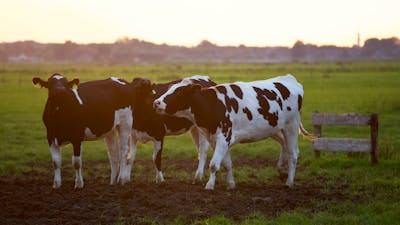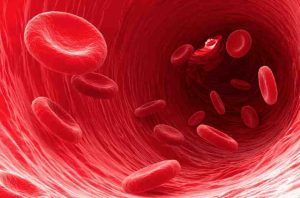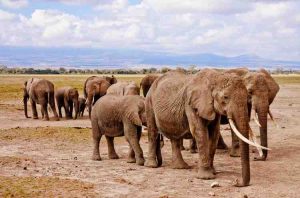
Imagine a cow that can help millions of people with diabetes. Sounds like science fiction, right? Well, it’s not! Researchers have created the first cow genetically engineered to produce human insulin in her milk. This breakthrough has the potential to revolutionize insulin production, making it more affordable and accessible for everyone.
Nature’s Protein Factory Meets Medical Need:
- Scientists from the University of Illinois and the University of São Paulo led this groundbreaking research.
- Professor Matt Wheeler, the lead author, explains how they harnessed the power of a cow’s mammary gland, a natural protein producer.
- This advancement could eliminate the current scarcity and high cost of insulin, a crucial medication for diabetics.
Precision Engineering for Safe and Efficient Production:
- The researchers inserted a tiny piece of human DNA, coding for proinsulin (a precursor to insulin), into cow embryos.
- This targeted approach ensured the human DNA only expressed itself in the mammary gland, not affecting other parts of the cow’s body.
- This is a significant improvement over older methods of genetic engineering.
Promising Results, Even More Potential:
- While the first attempt at milking the cow yielded a smaller-than-expected volume, it did contain human proinsulin and even active insulin!
- This surprised the researchers, as they initially planned to purify the proinsulin into insulin.
- Calculations show that a typical dairy cow could potentially produce a vast amount of insulin using this method.
Looking Ahead: A Brighter Future for Diabetics:
- The team plans to refine their technique by re-cloning the cow and achieving full lactation cycles in future generations.
- They envision creating a herd of transgenic cows specifically designed for insulin production.
- This approach could be more efficient and cost-effective than current methods using bacteria or yeast.
From Research to Reality: Steps Toward a Solution:
- Before this revolutionary insulin source can reach patients, several hurdles need to be cleared.
- Specialized facilities and FDA approval are essential for large-scale production.
- Additionally, a system for collecting and purifying the insulin from the milk needs to be developed.
A Hopeful Vision for the Future:
- Professor Wheeler believes that a small herd of these cows could produce enough insulin for an entire country.
- He envisions a future where insulin becomes readily available and affordable for all diabetics worldwide.
This research offers a beacon of hope for millions living with diabetes. With continued development, this innovative approach could transform how we produce insulin, making it a more accessible and life-changing treatment.


